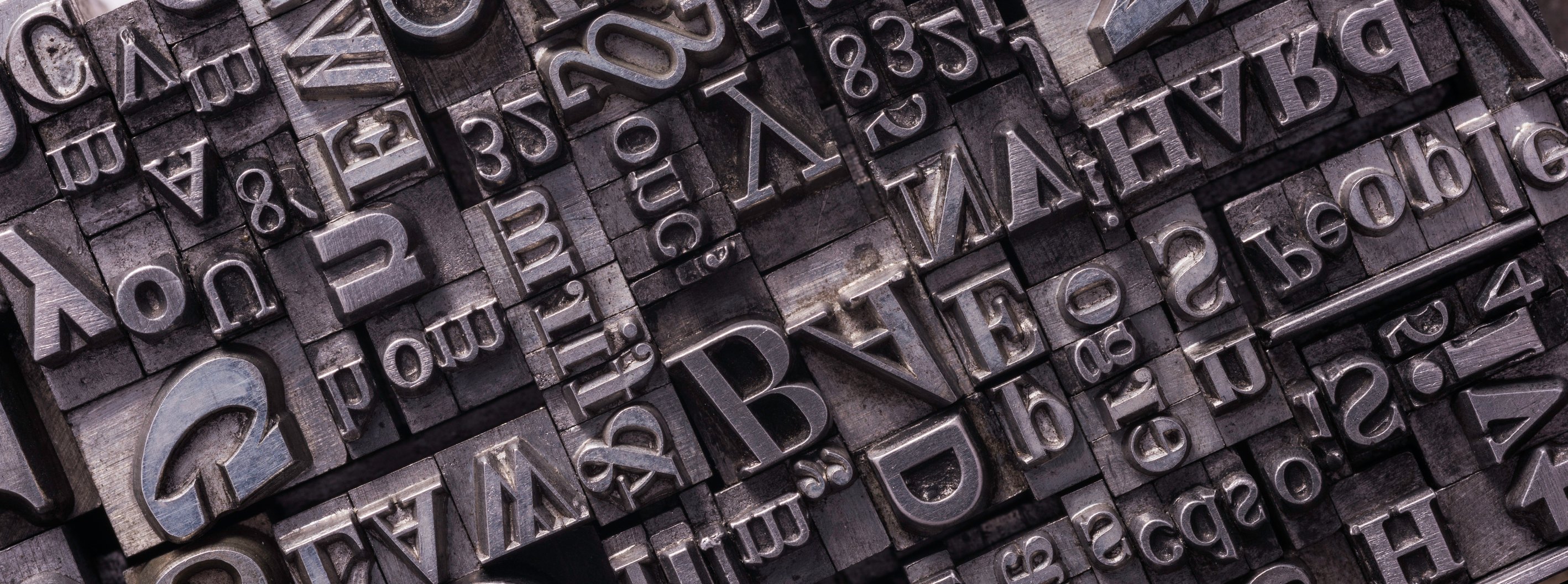Among the many specialists on staff at CrossCheck is Director of Partner Acquisitions Brandes Elitch, a longstanding member of the business community who has been a cash management practitioner for several Fortune 500 companies, sold cash management services for major banks, and served as a consultant to bankcard acquirers. Elitch is a Certified Cash Manager and an Accredited ACH Professional with an MBA from New York University and a Juris Doctor from Santa Clara University.
 He also collects vintage automobiles and has written dozens of articles for publications such as The Green Sheet, VeloceToday and naturally, this CrossCheck blog where he often discusses premium check services.
He also collects vintage automobiles and has written dozens of articles for publications such as The Green Sheet, VeloceToday and naturally, this CrossCheck blog where he often discusses premium check services.
In recent years, he has covered timely business topics related to financial technology, disruptive payments, and our favorite, the longevity of checks as a payment tool. As Elitch likes to say, “The reports of the check’s demise are greatly exaggerated.” Three articles, in particular, cite the essential role that checks play in the payments industry.
The Core of Premium Check Services
Near the end of his May 2015 article, “Preparing the future of banking, payments,” Elitch reverently holds the beating heart of check services with both hands. “All payments begin and end in the checking account,” he wrote. He also said U.S. banks cleared about 125 billion transactions in 2014, and “most of those via checking accounts [because] even cash and prepaid card purchases need to be deposited in a merchant's account somewhere. Consumers buying cars and boats, auto repair and other services are paying from accounts where their paychecks are deposited; even their credit card bills have to be paid from there.”
Fiction and Reality
In “Taking the checkbook away, or not,” he addresses claims about the pros and cons of checks.
- Claim: Checks account for 50% of the payments made by small businesses.
- Reality: Most small-midsize enterprise (SME) business-to-business (B2B) payments are check based.
- Claim: Half of consumers still use checks at least monthly.
- Reality: About one fourth of American consumers are unbanked. Nobody knows the real number because it is impossible to be precise here. That leaves about 75% of consumers with checking accounts.
- Claim: Among consumers who still pay with checks, 14% say that they don't use online bill payment, and 16% say it takes more time for a check to clear.
- Reality: Meanwhile, I have found research indicating that only about one third of consumers pay bills from an online banking website. And since Check-21 came along six years ago, all checks clear the next business day, so there is no float.
Elitch pulls no punches in his June 2016 article, “The misguided ‘kill the check’ chorus,” a response to a rhetorical question posed by a well-known payments professional.
"What is the fastest way to faster payments?" she wrote and then answered her own question with a staccato "Kill the check."
According to Elitch, “It's about time somebody responded to the constant refrain that ‘checks and cash are going away and pretty quickly, too,’ as I heard another industry ‘expert’ say a short time ago.” His rebuttal addressed five fallacies, three of which are summarized here.
Fallacy 1: Cash has no friction
“Handling large amounts of cash is dangerous; it also incurs the most slippage of any payment form. … One of the most moving experiences I have seen is to visit the headquarters of a major armored courier operation and see the framed photos on the wall of all the drivers who were killed in the line of duty picking up and transporting cash. I suggest that the writer spend a day riding shotgun in one of these trucks – after she is fitted out with a bulletproof vest, of course. No friction, indeed.”
Fallacy 6: It costs $7.15 to process a check
“Really? When I worked at a money center bank, we had a small business account for merchants who deposited fewer than 200 checks a month. It cost about $100 a month in account maintenance and 20 cents per check deposited. If you deposited 200 checks … it would cost about $200.”
Fallacy 7: Checks are expensive for the merchant
Elitch compares the cost of checks with Square Inc., which he says was designed for the really small merchant. "Square charges 2.75% and a per-transaction charge. So, on a typical $100 retail sale, that's about $3. Is the bank going to charge the merchant $3 to deposit a check? Definitely not. Incidentally, Square lost $212 million in 2015, so it is going to have to raise its fees, too.
“The real issue here is unpaid accounts receivable, not the fact that they are being paid with the check as the medium of exchange. Companies pay their A/P when they want, not when the vendor wants, and they stretch it out until the merchant squawks, and I mean squawks loudly.”
The Bottom Line of Premium Check Services
Some people in the CrossCheck Marketing department say Elitch is the “check curmudgeon” for his staunch position on their continued durability. Others say he is the “check whisperer.” Either moniker is a compliment because he always backs up his thesis with a valid argument. Elitch generally closes his blog articles with a plug about Multiple Check, our check processing service that provides a win-win situation for merchants as well as customers.
As he says, “Multiple Check allows consumers to write 2 – 4 checks to be deposited over a 30-day period and choose each deposit date. The merchant makes the sale, and the consumer takes home their item that very same day.” Learn more about Multiple Check by downloading our free guide.



